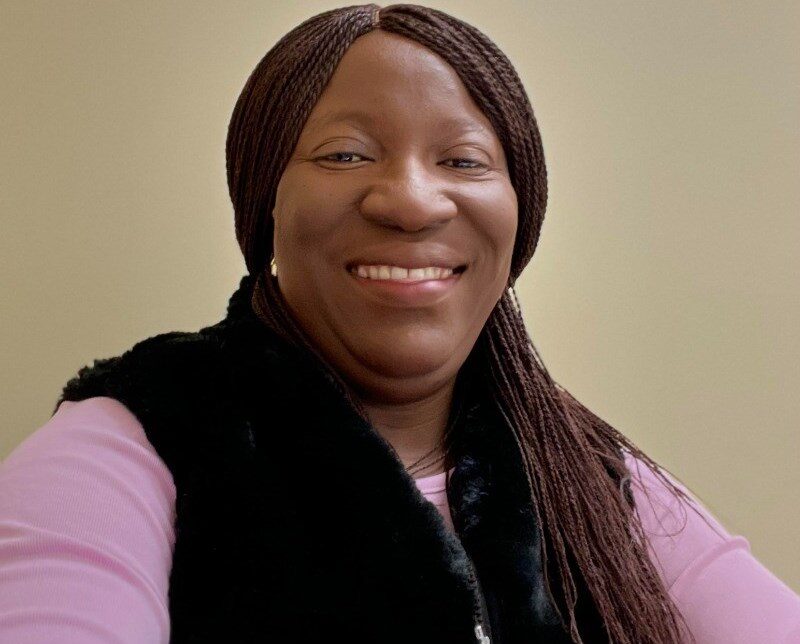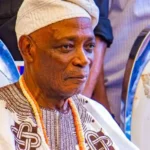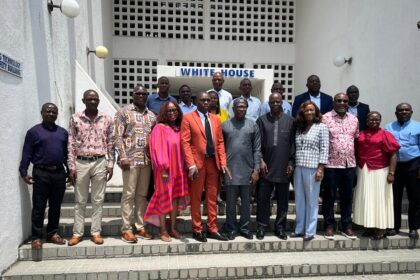By Dr. Elizabeth Olaoye
The story of formal education in Nigeria is one of contradictions. We have witnessed the expansion of private universities and improvements in infrastructure, yet the academic ethos remains tethered to colonial legacies. Too often, English language instruction, for example, privileges outdated models that value phonology and phonetics over communicative and creative capacity. The result is a system that risks alienating students from their own voices and cultural identities.
If education is to serve its true purpose, it must be tailored to the historical, social, and cultural soil from which it grows. A curriculum that ignores its people produces well-trained but ill-suited graduates. Should engineering programs not speak to the infrastructural crises endemic to our environment? Should history courses not confront uncomfortable truths about our past? As the proverb reminds us, “The man who cannot tell where the rain began to beat him cannot say where he dried his body.”
Equally urgent is the need to reimagine our relationship with literacy and reading. The decline in deep reading is not uniquely Nigerian—it is a global phenomenon accelerated by digital distractions. Yet, in disciplines such as English and History, extensive reading is indispensable. The burden lies not only on schools but also on homes, for literacy begins in the family before it is nurtured in the classroom. Where parents are first-generation learners, as is common in Nigeria, institutional support and the role of trained counsellors become indispensable.
The conversation about digital versus print books is, to my mind, a distraction. Books are books. I grew up surrounded by overflowing shelves, and the tactile presence of a physical book still carries a magic no screen can replicate. Yet digital formats democratize access, particularly for diasporic communities and global readers. The challenge for Nigeria, where electricity and devices remain costly, is to strike a balance between accessibility and sustainability.
Literature, too, demands defense. Its relevance is often questioned, yet it endures because it interrogates the human condition in ways data alone cannot. African literature today is not only vibrant but also planetary. Writers such as Chimamanda Ngozi Adichie, Nnedi Okorafor, and Abubakar Adam Ibrahim weave African cultural elements into universal narratives, earning recognition not merely through awards but by shaping global conversations. As Ainehi Edoro of Brittle Paper has argued, however, African literature must be valued for its craft, not just its sociological insights.
Even our languages require a reframing. Nigeria’s multilingual reality makes the dream of a single indigenous lingua franca improbable. Rather than displacing English, we must embrace Nigerian English as a legitimate, living language with its own vitality. Words like Japa and Agbero, already recognized in the Oxford English Dictionary, reflect our realities and deserve validation within our schools and exams. To deny them is to request cultural dislocation in the name of “purity.”
Ultimately, literacy is not optional—it is the foundation of national development. Nations with high literacy thrive in innovation, democracy, and resilience. Our nationalist leaders-Azikwe, Awolowo, Bode Thomas—rose on the back of literacy. Today, as we mark International Literacy Day, we must remember that the seed of greatness is planted in classrooms. A curriculum that educates without liberating is no education at all.
–Dr. Elizabeth Olaoye is a Nigerian lecturer of English Language at the Texas A&M University, San Antonio USA.







